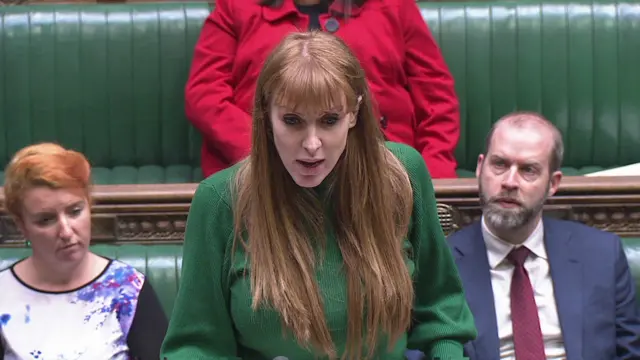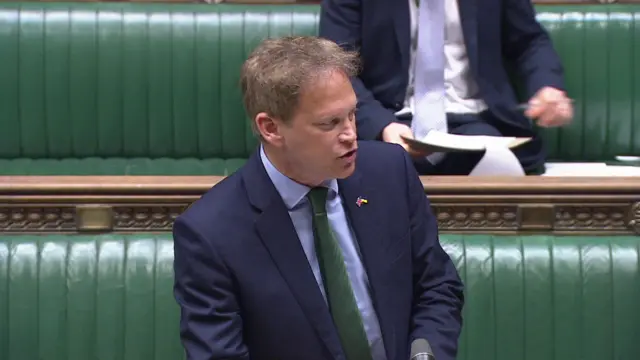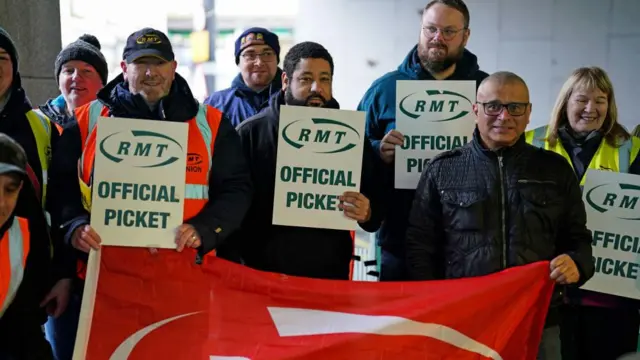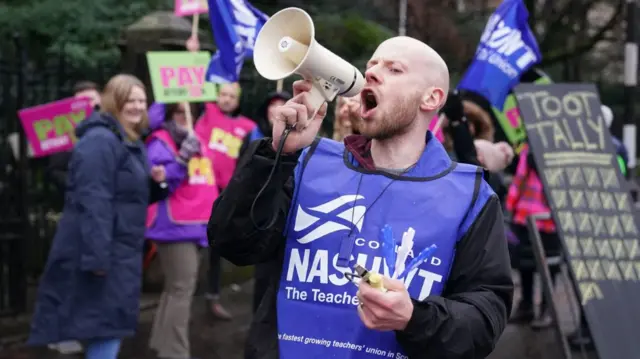Does Shapps accept trade unions already make efforts to protect the public?published at 13:31 GMT 10 January 2023
The public is being put at risk due to the NHS crisis and ministers are failing to offer protection, Rayner says.
She asks if Shapps accepts that trade unions already take steps to protect the public during action.




